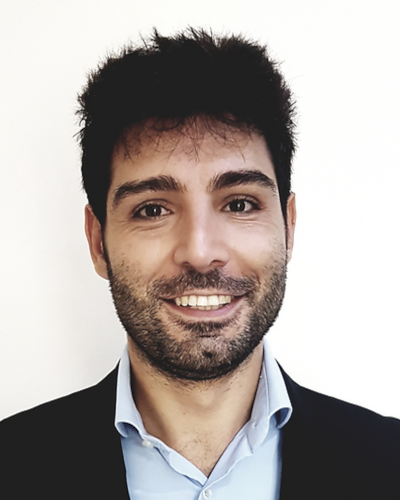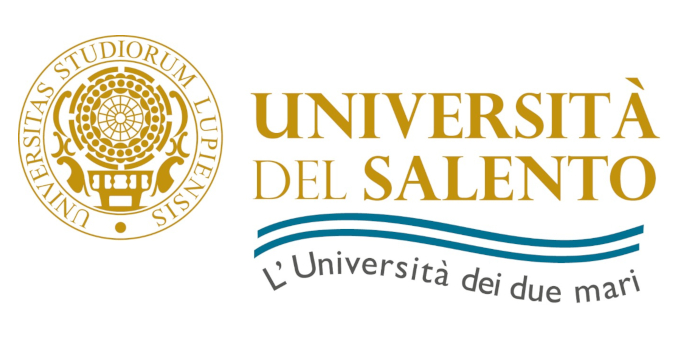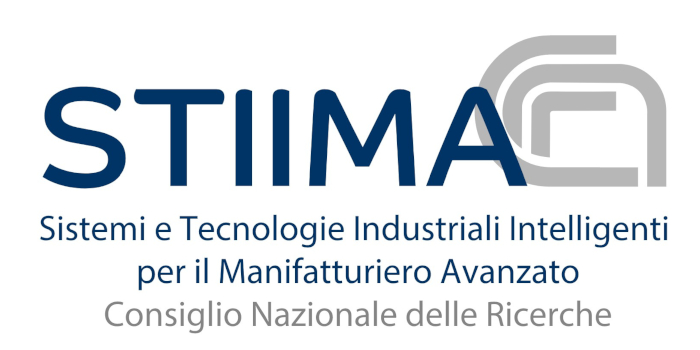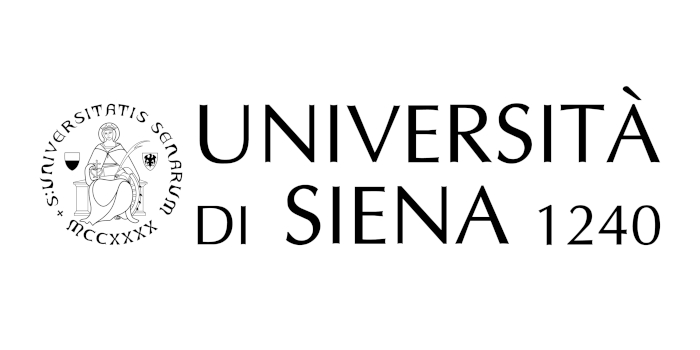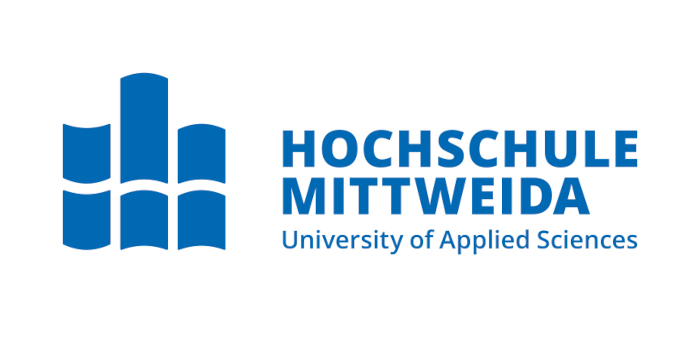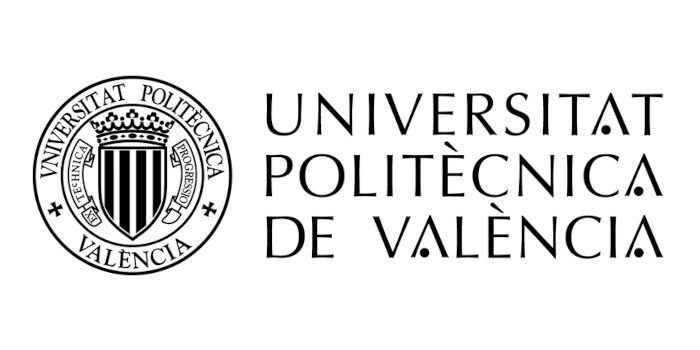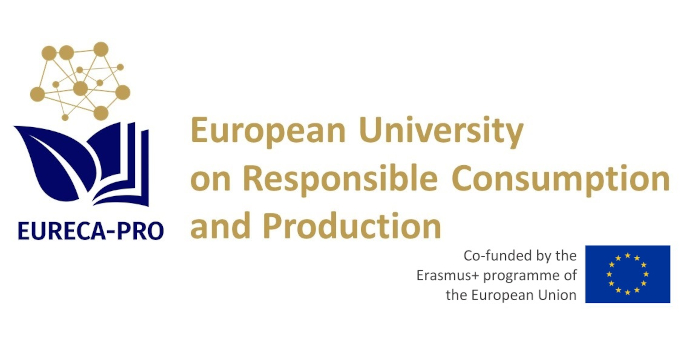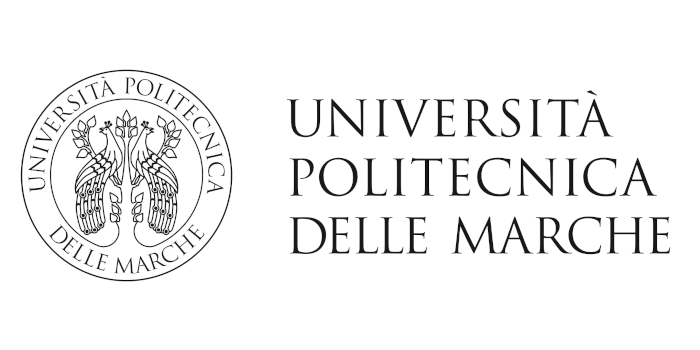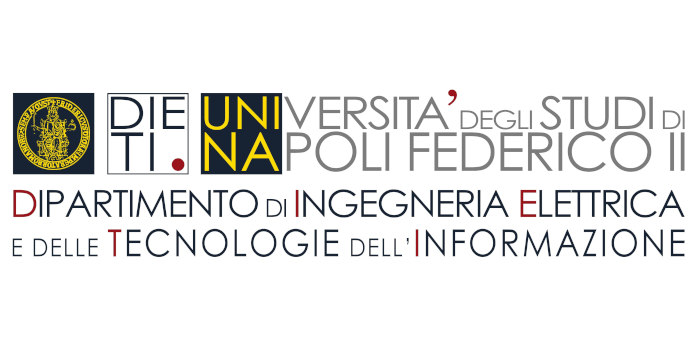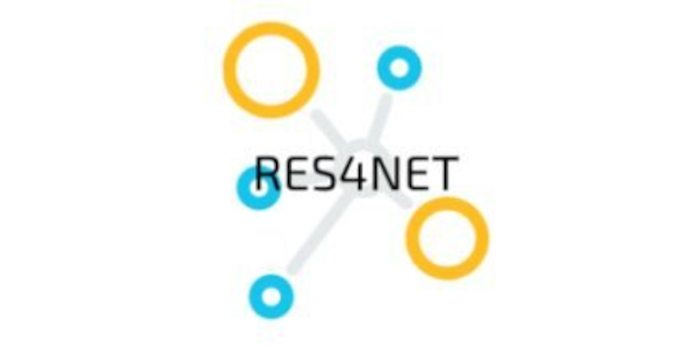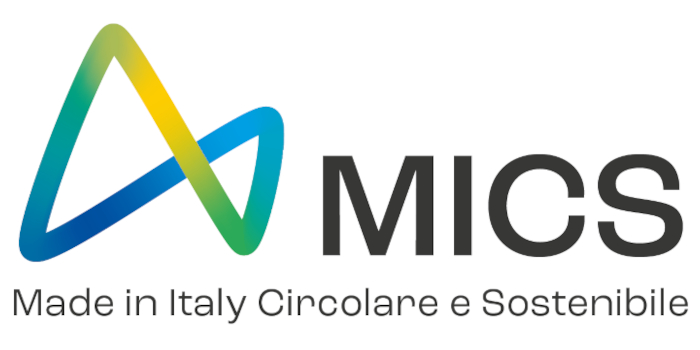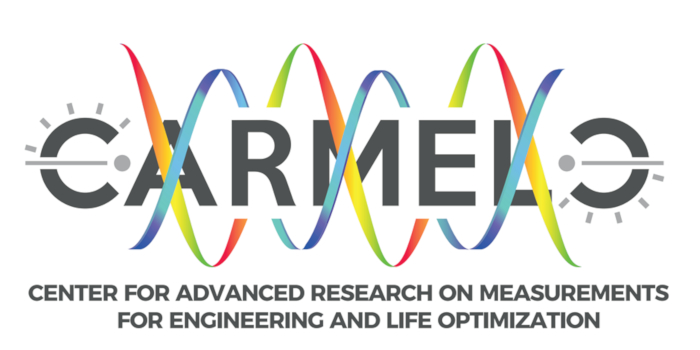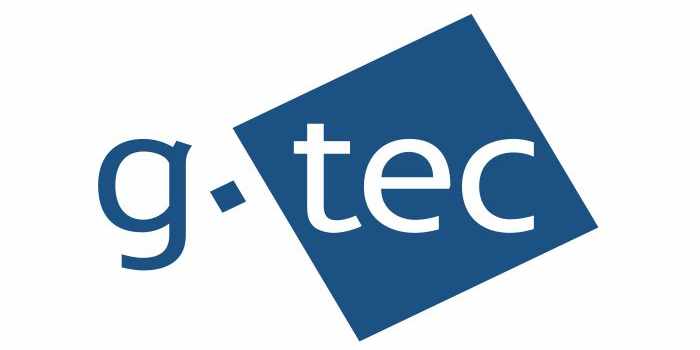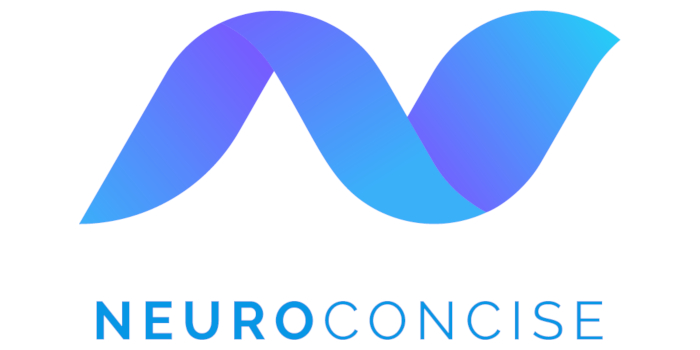SPECIAL SESSION #13
Artificial Intelligence and Generative Models for Medical Data Simulation: Shaping the Future of Diagnostics and Treatment
ORGANIZED BY
Daniele Ravi
University of Hertfordshire, UK; University College London, UK
ABSTRACT
The integration of Artificial Intelligence and Generative Models with medical data marks a transformative era in healthcare, enabling the simulation of disease patterns and the advancement of personalized patient care. At the forefront of this evolution are sophisticated deep learning models, such as diffusion models and generative adversarial networks (GANs). These methodologies play a crucial role in refining medical data generation, facilitating patient-specific simulations that contribute to early diagnosis and tailored treatment plans.
In this special session, we explore the groundbreaking application of AI and generative models in healthcare. Our aim is to examine cutting-edge methodologies that revolutionize precision and personalization in healthcare delivery. This includes using counterfactual scenarios to hypothesize alternative disease trajectories.
A significant expansion of this vision involves leveraging multimodal conditioning within these generative models. This approach includes incorporating a wide range of detailed patient data, such as Electronic Health Records (EHRs), various imaging modalities (including MRI, CT, PET, and X-ray), genetic insights, cognitive test results, blood biomarker analyses, lifestyle data, and other crucial metadata like hospital admissions, length of stay, and medication management. By embracing this comprehensive approach, we aim to unlock the full potential of AI in healthcare. The use of multimodal data provides a richer and more intricate perspective on patient health and plays a vital role in devising highly personalized treatment plans.
Lastly, a key focus of our interest lies in developing techniques that prioritize privacy, security, and explainability. These aspects are essential for responsible innovation in healthcare technology, ensuring that advancements are ethically aligned and keeping patient safety predominant.
TOPICS
Topics include:
- Advanced AI for Synthetic Medical Image Generation.
- Realistic Scan Generation Using GANs and Autoencoders.
- Enhancing Imaging Generation Using Diffusion Models.
- Conditional Image Synthesis Using Control Networks.
- Counterfactual Reasoning for Potential Treatment Outcomes.
- Addressing Privacy and Potential Data Leakage in Generative Medical Imaging.
- Image Simulation for Explainable AI Application.
- Generative Models for Early Detection and Personalized Treatment.
- Utilizing Generative Models for Enhancing Image Quality or Detecting Artefacts.
- Employing Image Simulations for Studying Disease Subtypes.
- Digital Twins for Virtual Placebos in Clinical Trials.
- Case Studies Showcasing the Application of Generative Models in Clinical Environments.
- Integration of Multimodal Patient Data: Enhancing Generative Models for Comprehensive Diagnostics.
- Leveraging EHR, Genetic, and Lifestyle Data in AI-Powered Medical Imaging.
- Personalized Patient Management through Multimodal Data Synthesis and Analysis.
- Ethical Implications and Best Practices in Multimodal Data Utilization in Healthcare AI.
ABOUT THE ORGANIZERS
Dr. Daniele Raví is a Reader in Artificial Intelligence for Healthcare at the University of Hertfordshire, specializing in medical imaging and AI-driven disease progression modeling. His work has primarily focused on the development of generative AI models to revolutionize medical imaging for early diagnosis, personalized treatment, and automation tools for clinical trials. His extensive research portfolio includes pioneering methodologies in disease progression simulation and the application of counterfactual scenarios, providing new insights into personalized patient management.
His proven leadership in project management and commercialization of AI pipelines showcases his ability to transform complex research into practical, impactful healthcare solutions within a clinical context.
Razvan Marinescu is an Assistant Professor in the Department of Computer Science and Engineering at UC Santa Cruz. His research is in Machine Learning for Healthcare, with a particular focus on neuroimaging analysis. He is also a co-founder of GiwoTech Inc, a drug-discovery start-up working on molecular dynamics simulations. His disease progression modelling work (DIVE) was runner-up for the Francois Erbsmann award at the IPMI 2017 conference, while his Bayesian image reconstruction work received the best paper award at the NeurIPS 2021 Workshop on Deep Generative Models and Downstream Applications.


